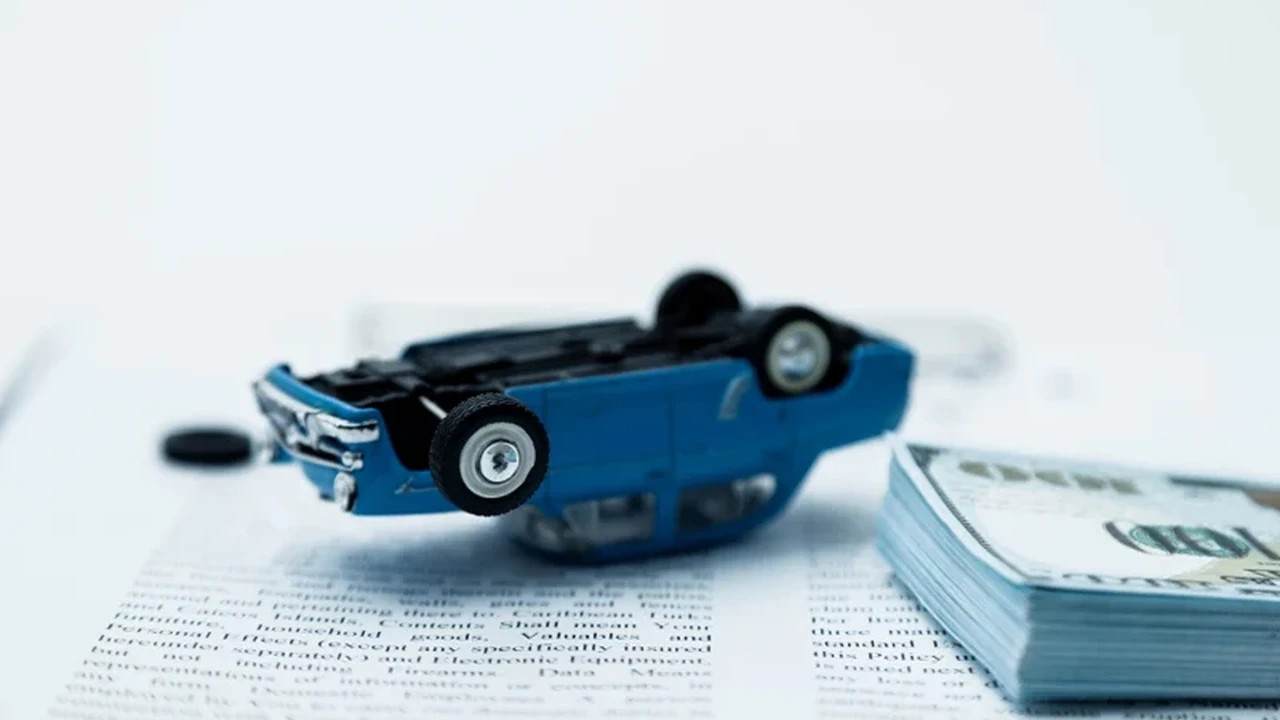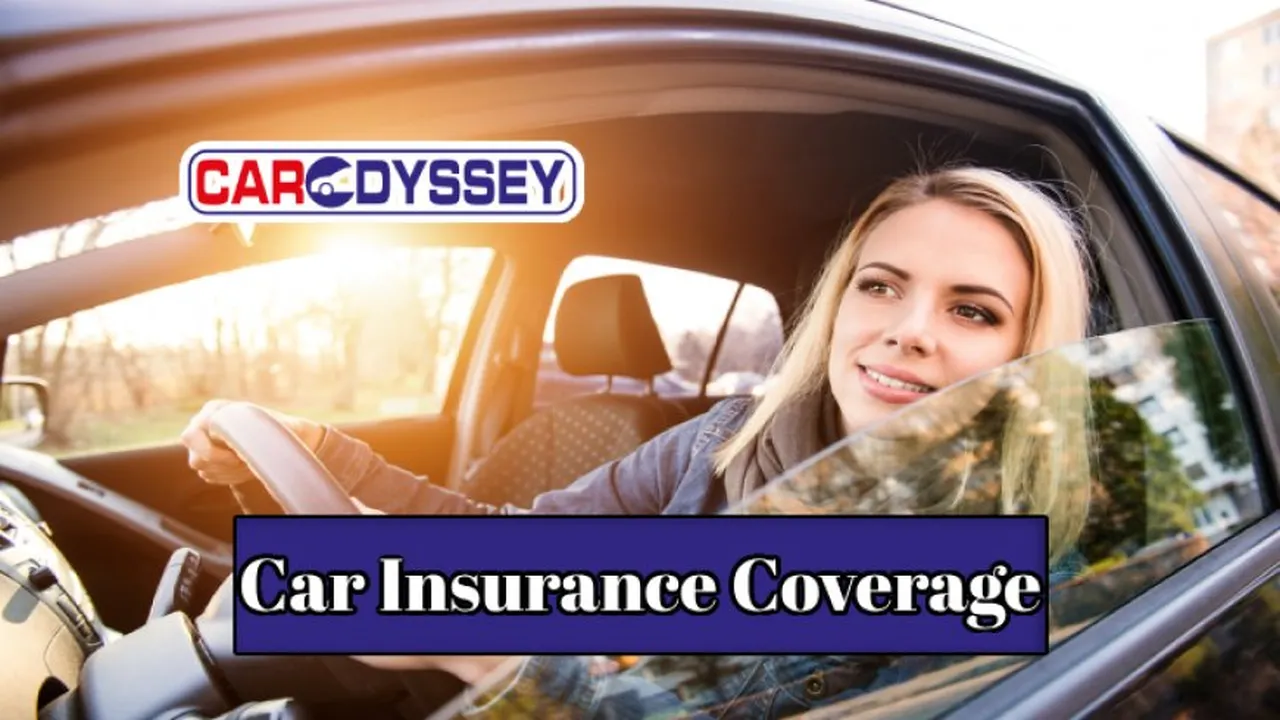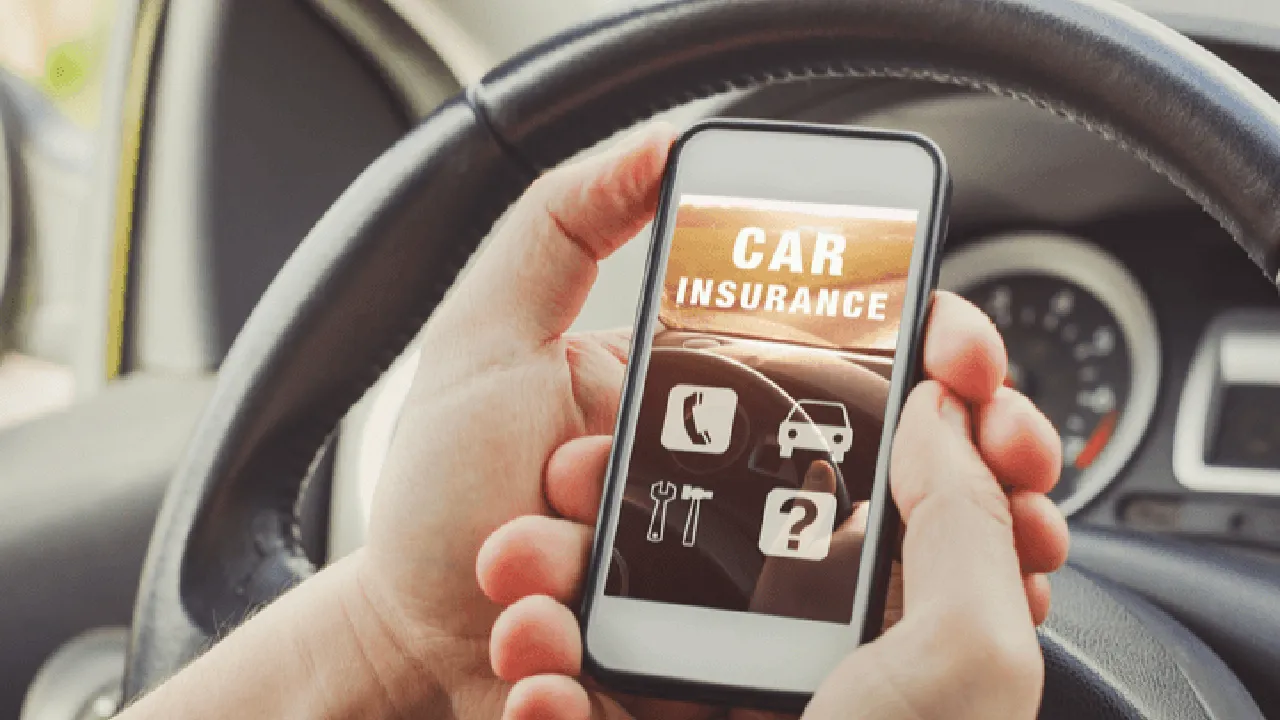The Impact of Fault on Car Insurance Claims

Understanding Fault in Car Accidents: Key Considerations for Car Insurance Claims
Alright, so you've been in a car accident. Not fun, right? One of the first things everyone wants to know is: who's at fault? This isn't just about admitting guilt; it's massively important for your car insurance claim. Fault determines whose insurance company pays for the damages. Let's break it down.
Generally, fault is determined by police reports, witness statements, and sometimes even accident reconstruction experts. Each state has its own laws about negligence. Basically, if you were negligent (didn't drive reasonably carefully), and that negligence caused the accident, you're at fault.
Examples? Running a red light? Definitely at fault. Rear-ending someone? Usually at fault. Texting while driving and causing a crash? Yup, that's fault. Even seemingly minor things, like failing to yield the right-of-way, can put you in the hot seat.
How Fault Affects Car Insurance Claims Payouts: Navigating the Car Insurance Landscape
So, what happens when fault is determined? If you're at fault, your liability insurance kicks in. This covers the other driver's damages – their car repairs, medical bills, and even lost wages if they can't work. Your insurance company will negotiate with the other driver's insurance company to settle the claim.
If you're not at fault, the other driver's insurance company pays for your damages. You'll file a claim with their insurance company, and they'll investigate the accident. They'll look at the police report, witness statements, and any other evidence to verify that their driver was at fault.
Now, here's where things get interesting. Some states have "no-fault" insurance laws. In these states, your own insurance pays for your medical bills and lost wages, regardless of who was at fault. However, there are often limitations to no-fault coverage, and you might still be able to sue the other driver if your injuries are serious enough.
Comparative Negligence: What Happens When Everyone is a Little Bit At Fault?
Sometimes, it's not black and white. Maybe you were speeding, but the other driver ran a stop sign. In these cases, many states use a system called "comparative negligence." This means that the amount of damages you can recover is reduced by your percentage of fault.
For example, if you're 20% at fault for an accident, and your damages are $10,000, you'll only be able to recover $8,000 from the other driver's insurance company. Some states have a "modified comparative negligence" rule, which means that you can't recover any damages if you're more than 50% at fault.
Uninsured and Underinsured Motorist Coverage: Protecting Yourself From Negligent Drivers
What happens if the at-fault driver doesn't have insurance, or doesn't have enough insurance to cover your damages? That's where uninsured and underinsured motorist coverage comes in. This coverage is optional in many states, but it's definitely worth considering. It protects you if you're hit by someone who doesn't have enough insurance to pay for your damages.
The Role of the Police Report: Documenting the Scene for Car Insurance Claims
Always call the police after an accident, even if it seems minor. The police report is a crucial piece of evidence in determining fault. It will include details about the accident, witness statements, and the officer's opinion on who was at fault. Make sure to get a copy of the police report for your insurance company.
Dealing with Insurance Adjusters: Tips for a Smooth Car Insurance Claims Process
After an accident, you'll be contacted by an insurance adjuster. This person is responsible for investigating the claim and determining how much the insurance company will pay. Be polite and cooperative, but don't admit fault or sign anything without talking to a lawyer first. Keep detailed records of all your communication with the insurance adjuster.
Recommended Dash Cams for Accident Documentation: Enhancing Your Car Insurance Claims
Want to protect yourself and make the claims process smoother? A dash cam is a fantastic investment! It records everything that happens on the road, providing undeniable evidence in case of an accident. Here are a few recommendations:
Nextbase 622GW: Premium Quality and Advanced Features for Car Insurance Claims
The Nextbase 622GW is a top-of-the-line dash cam with 4K recording, image stabilization, and built-in GPS. It even has Emergency SOS, which can automatically alert emergency services in the event of a serious accident. It's pricey (around $400), but the peace of mind is worth it. Perfect for daily drivers and those who want the best possible video quality. Its GPS tracking makes it easier to prove location and speed, crucial in fault disputes.
Garmin Dash Cam Mini 2: Compact and Discreet Solution for Car Insurance Claims
If you're looking for something more discreet, the Garmin Dash Cam Mini 2 is a great option. It's tiny but still records in 1080p. It also has voice control, so you can start and stop recording with just your voice. Costing around $130, it's ideal for drivers who want basic recording capabilities without a bulky device. Its small size makes it less noticeable to potential thieves.
Vantrue N4: Front Rear and Interior Recording for Comprehensive Car Insurance Claims Evidence
For comprehensive coverage, consider the Vantrue N4. This dash cam records the front, rear, and interior of your car simultaneously. This can be invaluable in accidents where fault is unclear or where passengers are involved. Around $280, it's great for rideshare drivers or anyone who wants a complete record of what's happening inside and outside their vehicle. The interior recording can be particularly useful in cases of road rage or passenger disputes.
Comparing Dash Cam Features: Choosing the Right One for Your Car Insurance Needs
When choosing a dash cam, consider these factors:
* **Video Resolution:** Higher resolution means clearer footage. 1080p is a good starting point, but 4K is even better. * **Field of View:** A wider field of view captures more of the road. * **Night Vision:** Important for recording in low-light conditions. * **GPS:** Records your location and speed. * **Loop Recording:** Automatically overwrites old footage. * **G-Sensor:** Detects sudden impacts and saves the footage. * **Price:** Dash cams range in price from around $50 to $500.Think about your needs and budget when making your decision. A good dash cam can be a lifesaver in the event of an accident.
Legal Advice and Car Insurance Claims: When to Seek Professional Help
If you're seriously injured in an accident, or if the insurance company is denying your claim, it's a good idea to talk to a lawyer. A lawyer can help you understand your rights and negotiate with the insurance company on your behalf. They can also represent you in court if necessary. Many lawyers offer free consultations, so it's worth talking to one to see if they can help.
Dealing with car insurance claims after an accident can be stressful, but understanding the basics of fault can make the process a lot easier. Remember to stay calm, gather all the evidence you can, and don't be afraid to seek help if you need it. Drive safe!
:max_bytes(150000):strip_icc()/277019-baked-pork-chops-with-cream-of-mushroom-soup-DDMFS-beauty-4x3-BG-7505-5762b731cf30447d9cbbbbbf387beafa.jpg)






